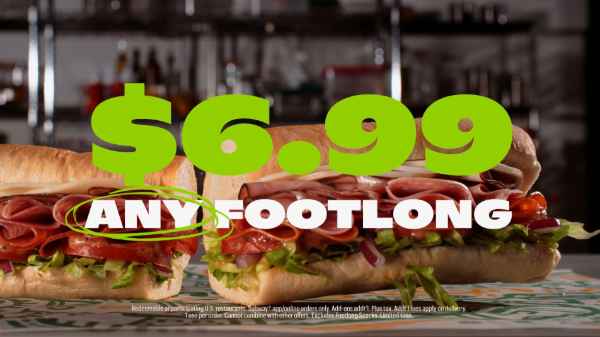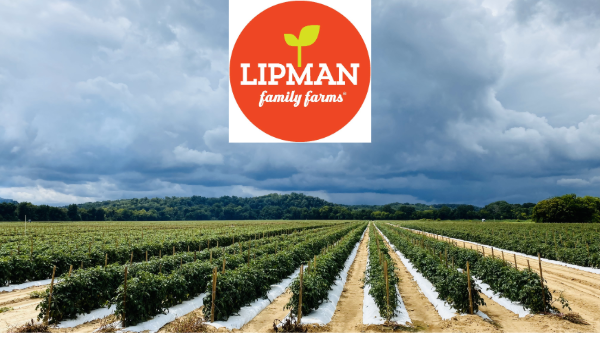Welcome to Blue Book!
Are you ready to join the thousands of companies who rely on Blue Book to drive smarter decisions? View our plans and get started today!
Still have questions? We’d love to show you what Blue Book can do for you. Drop us a line– we’ve been waiting for you.

The “Foodie Movement” has been yet another positive trend for the Detroit produce industry. “Thanks to the Food Network and social media, many younger people in their early to mid-twenties are taking a hold of this foodie movement,” says Russo. “They’re taking ownership and realizing they can be artistic with their food, take pictures of it, and share it with their friends, and it’s something to be proud of. It’s good to see people are getting more interested in healthy food.”
Giving Back
Merchants at the Detroit terminal are also generous to those less fortunate. Little Sisters of the Poor is a religious organization created in the 1800s to care for the elderly. The sisters regularly visit the terminal market for food that might otherwise be thrown away. Riggio Distribution is a favorite stop, where the nuns are welcome to take fruits and vegetables of any kind, regardless of damage or spoilage rate.
Blue Book Services’ own Joe Winchowski, in sales, recently visited the Detroit markets and met a few of the nuns. “The sisters were pushing a cart loaded with produce,” he said. “They came over to me, curious about the big Blue Book in my arms. We talked for a few minutes, and they mentioned how grateful they were that the companies in the Terminal give them all of this wonderful food.”
Road Blocks
It’s no secret Detroit produce professionals have had a bumpy road the last several years. Of course, Michigan’s economic struggles have dealt crushing blows to the industry. “The economy has been tough,” admits Russo. “But no matter what, people are going to eat—they may just change their style of buying. The changes are challenging to get through sometimes, but you’ve just got to ride out the market.”
To make matters worse, suppliers faced a major shortage of Michigan’s world famous apples in 2012. A week of 90-degree temperatures in March caused trees to bloom early, then a spring freeze killed the vast majority of the blossoms. The wild weather resulted in the smallest harvest in Michigan since 1945, causing apple prices to skyrocket.
Riggio says they were forced to bring in apples from out of state to compensate. “Michigan is usually number one or two in the nation when it comes to apples, but last year less than 20 to 25 percent of what we needed came out of the state,” he recalls. He said they had to source apples from Washington and California to meet demand and then imported some from South America over the winter.
On the Horizon
Although current conditions in Detroit may often appear bleak, businesses and residents believe in the powerful hardiness of Motown. As for the produce trade, Stone has full confidence the industry will continue to thrive. “There are a lot of smart people in the produce business,” he says.








